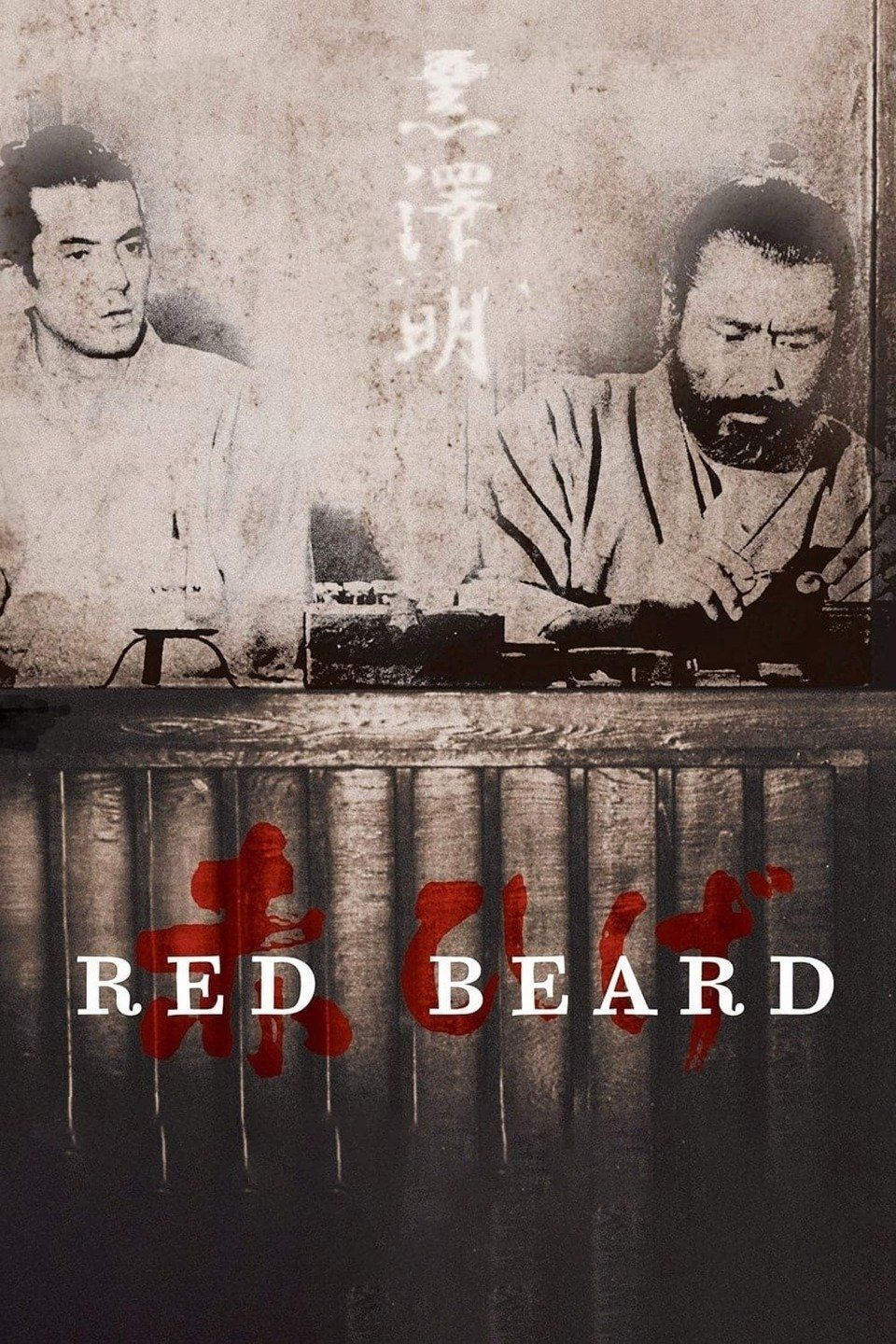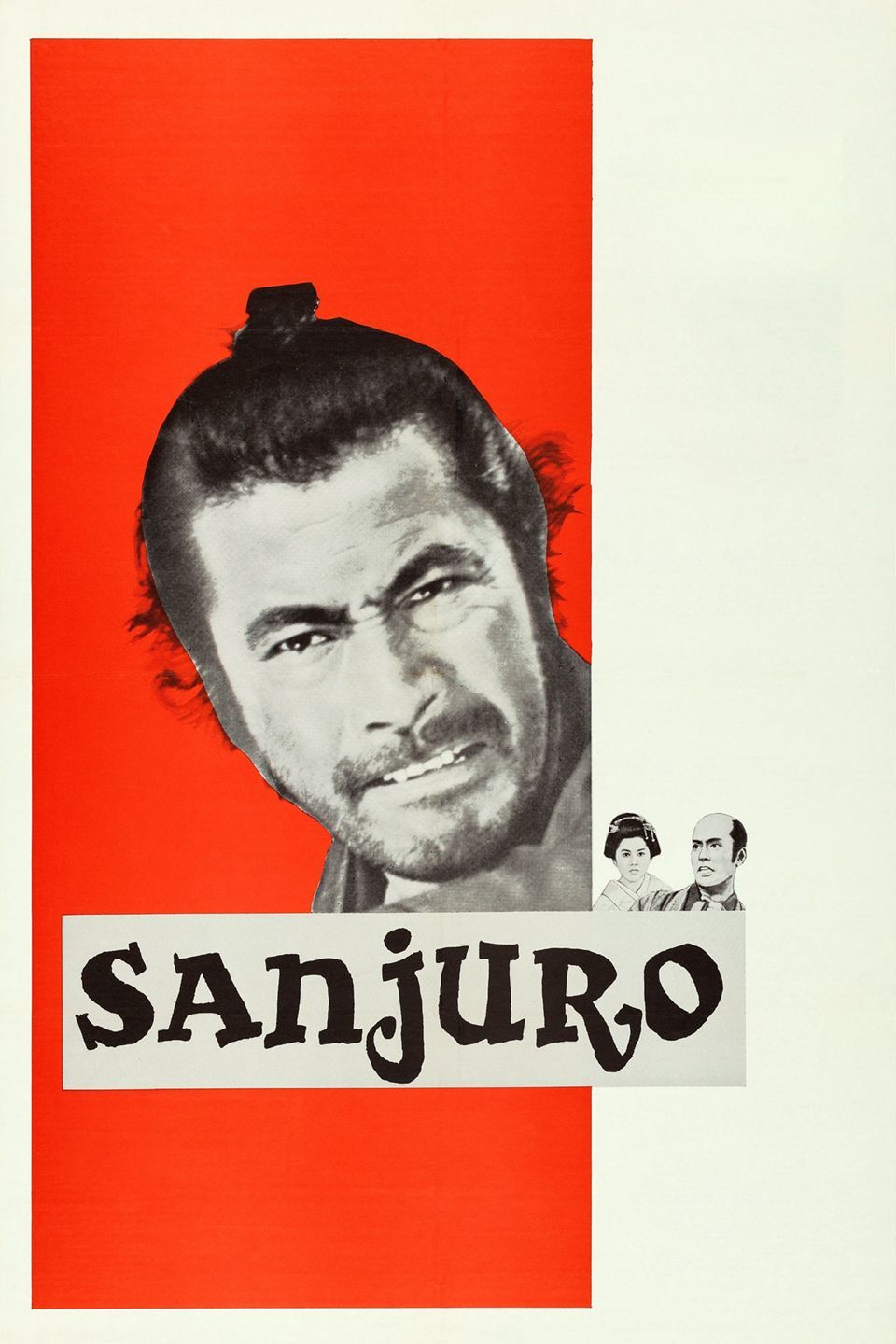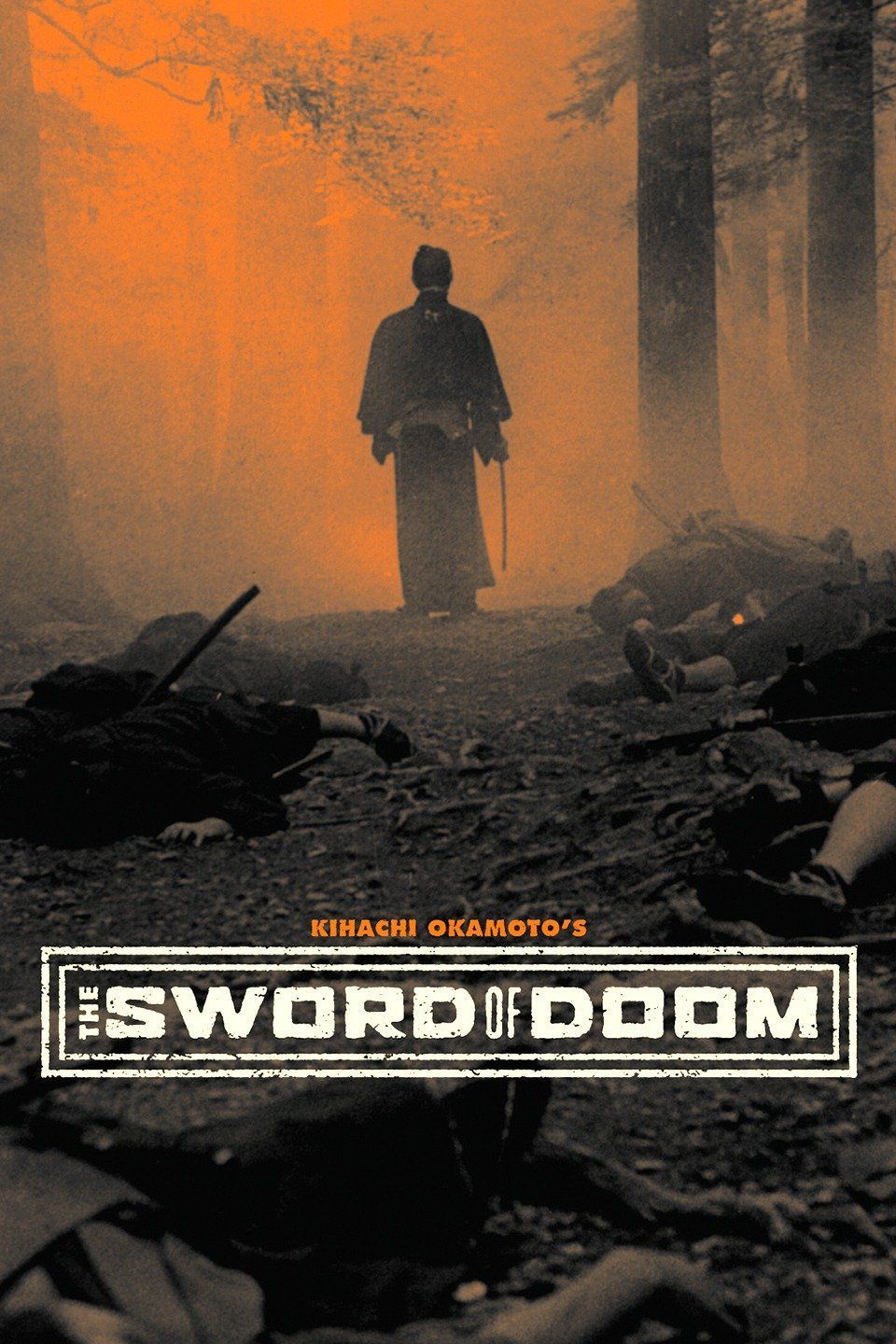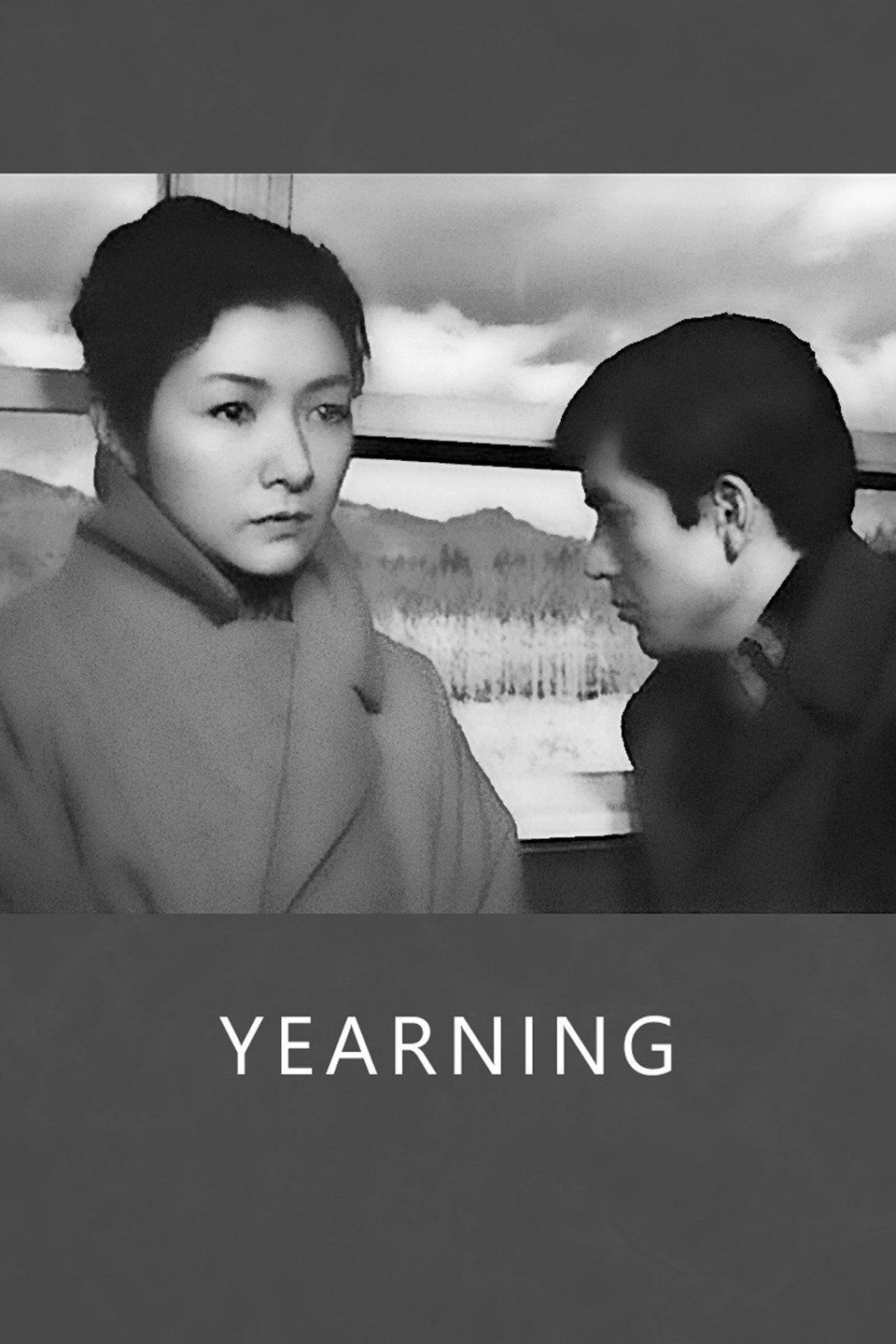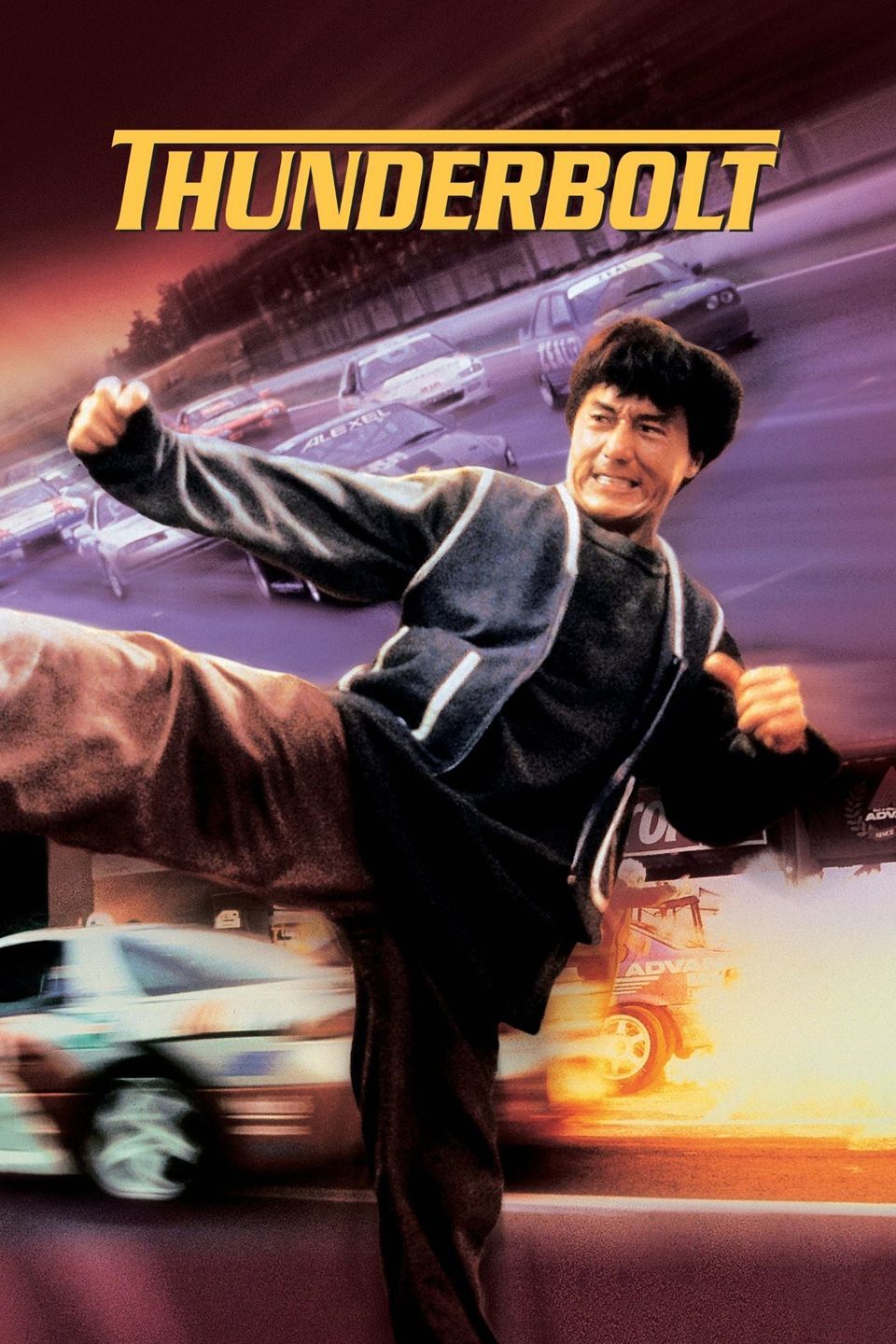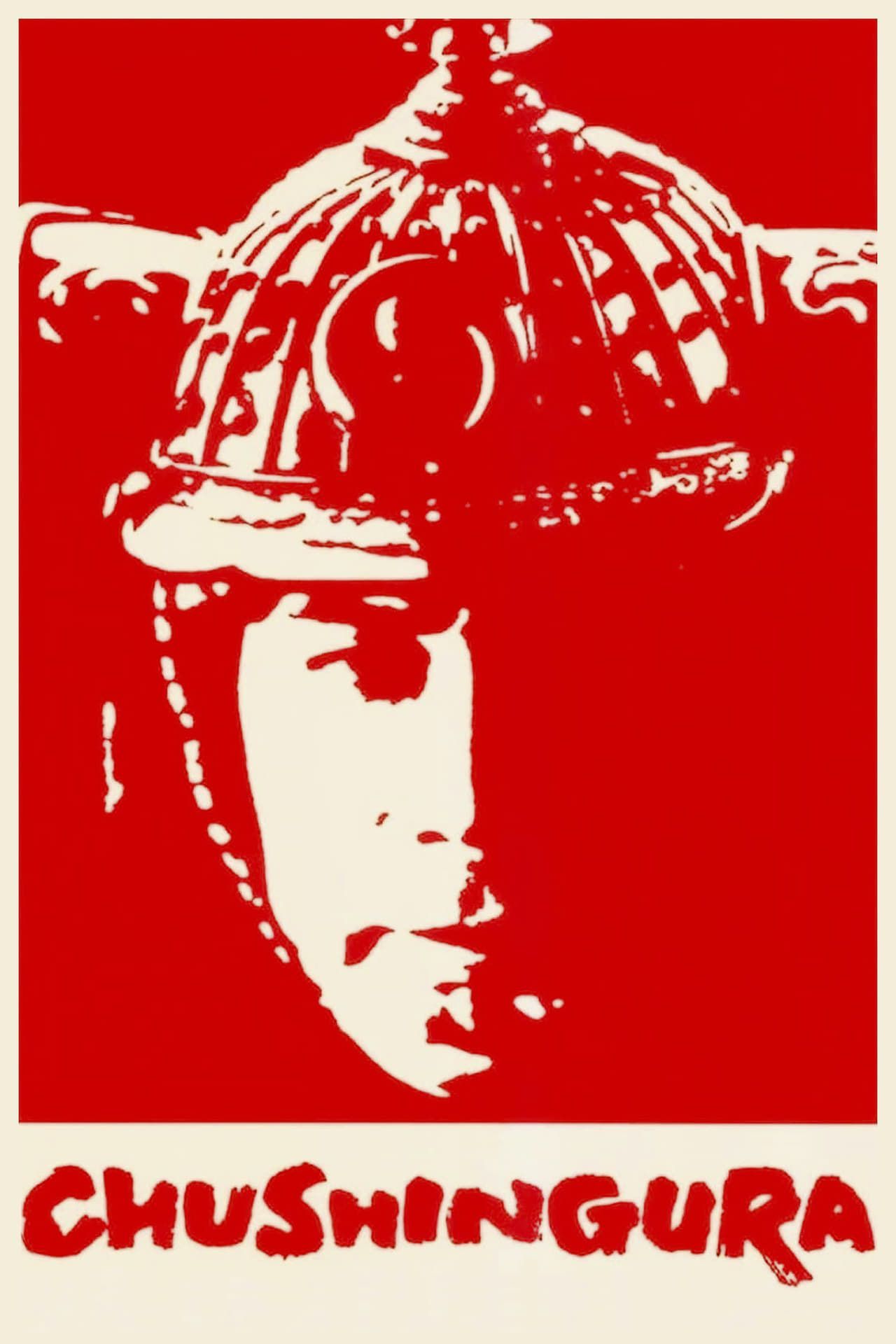YK

Yūzō Kayama
ActorBorn April 11, 1937 (88 years)
From Wikipedia, the free encyclopedia.
Yūzō Kayama (加山 雄三 Kayama Yūzō) is a Japanese popular musician and film star, born on 11 April 1937. His father, Ken Uehara, was a film star during the 1930s. Yuzo Kayama became a big star in the 1960s in the Wakadaishō (Young Guy) film series.
He showed his ability for drama when Akira Kurosawa cast him for his 1965 film, Red Beard, starring Toshirō Mifune. Kayama reported that he found the two years spent making this film the most difficult, but proudest work of his life.
As a guitarist, he took inspiration from the American instrumental group The Ventures, and performed a form of psychedelic surf music in the 1960s with his Mosrite guitar. One of his best-known instrumentals is "Black Sand Beach". "Kimi to Itsumademo" ("Love Forever"), another of his compositions, sold over two million copies, and was awarded a gold disc in 1965. At that point it was the biggest selling disc in the Japanese recording industry's history.
Description above from the Wikipedia article Yūzō Kayama, licensed under CC-BY-SA, full list of contributors on Wikipedia
Yūzō Kayama (加山 雄三 Kayama Yūzō) is a Japanese popular musician and film star, born on 11 April 1937. His father, Ken Uehara, was a film star during the 1930s. Yuzo Kayama became a big star in the 1960s in the Wakadaishō (Young Guy) film series.
He showed his ability for drama when Akira Kurosawa cast him for his 1965 film, Red Beard, starring Toshirō Mifune. Kayama reported that he found the two years spent making this film the most difficult, but proudest work of his life.
As a guitarist, he took inspiration from the American instrumental group The Ventures, and performed a form of psychedelic surf music in the 1960s with his Mosrite guitar. One of his best-known instrumentals is "Black Sand Beach". "Kimi to Itsumademo" ("Love Forever"), another of his compositions, sold over two million copies, and was awarded a gold disc in 1965. At that point it was the biggest selling disc in the Japanese recording industry's history.
Description above from the Wikipedia article Yūzō Kayama, licensed under CC-BY-SA, full list of contributors on Wikipedia
Known For
Yūzō Kayama Filmography
| 2006 | |
| 2000 | |
| 1999 | Messengers · as Makoto Shimano |
| 1995 | Thunderbolt · as Coach Mirakami |
| 1990 | As If In Flight (TV Series) · as Shimazu Nariakira |
| 1984 | Zero · as Manbei Shimokawa |
| 1981 | Kaettekita wakadaishô · as Yūichi Tannuma |
| 1977 | Mount Hakkoda · as Captain Kurata |
| 1974 | Esupai · as Hojo |
| 1971 | |
| 1971 | Wakadaishô tai Aodaishô · as Cast |
| 1970 | The Militarists · as Goro Arai |
| 1970 | Ore no sora da ze! Wakadaishô · as Cast |
| 1970 | Ezo yakata no ketto · as Saburota Edo |
| 1970 | |
| 1969 | Battle of the Japan Sea · as Cmdr. Hirose |
| 1969 | |
| 1969 | |
| 1969 | |
| 1968 | |
| 1968 | Aniki no koibito · as Teppei Kitagawa |
| 1968 | Admiral Yamamoto · as First Lieutenant Ijuin |
| 1968 | Rio no wakadaishô · as Yuichi Tanuma |
| 1967 | Scattered Clouds · as Shiro Mishima |
| 1967 | Japan's Longest Day · as Morio Tateno - Nhk Broadcaster |
| 1967 | Judo Champion · as Yuichi Tanuma |
| 1967 | |
| 1967 | Let's Go, Young Guy! · as Yuuichi Tanuma |
| 1966 | Nichigeki Kayama Yuzo shô yori: utau wakadaishô · as Yuzo Kayama |
| 1966 | |
| 1966 | Arupusu no wakadaishô · as Yuichi Tanuma |
| 1966 | The Sword of Doom · as Hyoma Utsuki |
| 1965 | Campus A-Go-Go · as Yuichi Tanuma |
| 1965 | Umi no wakadaishô · as 田沼真一(若大将) |
| 1965 | Sanshiro Sugata · as Sanshiro Sugata |
| 1965 | Red Beard · as Dr. Noboru Yasumoto |
| 1964 | Yearning · as Koji Morita |
| 1963 | Hawai no wakadaishô · as 若大将 |
| 1963 | |
| 1963 | Sengoku yarô · as Ochi Kittan "batta" |
| 1963 | Attack Squadron! · as Captain Shiro Taki |
| 1962 | Chushingura · as Lord Naganori Asano |
| 1962 | |
| 1962 | Nihon ichi no wakadaishô · as Yuichi Tanuma |
| 1962 | Dobunezumi sakusen · as Hayashi |
| 1962 | Pride of the Campus · as Yuichi Tanuma (wakadaisho) |
| 1962 | Sanjuro · as Iori Izaka |
| 1961 | Sir Galahad in Campus · as Yuichi Tanuma (wakadaisho) |
| 1961 | Big Shots Die at Dawn · as Jiro |
| 1961 | Happiness of Us Alone · as Akira |
| 1961 | Blueprint of Murder · as Jirô Kusaka |
| 1960 |
| 1996 | SMAP×SMAP (TV Series) · as Self - Musical Guest |
